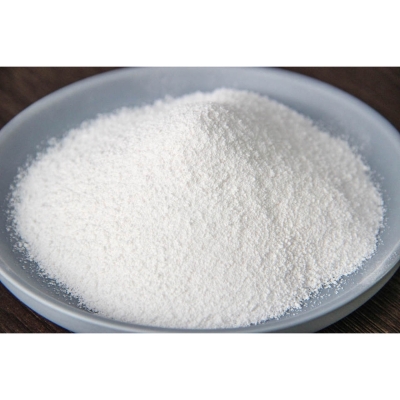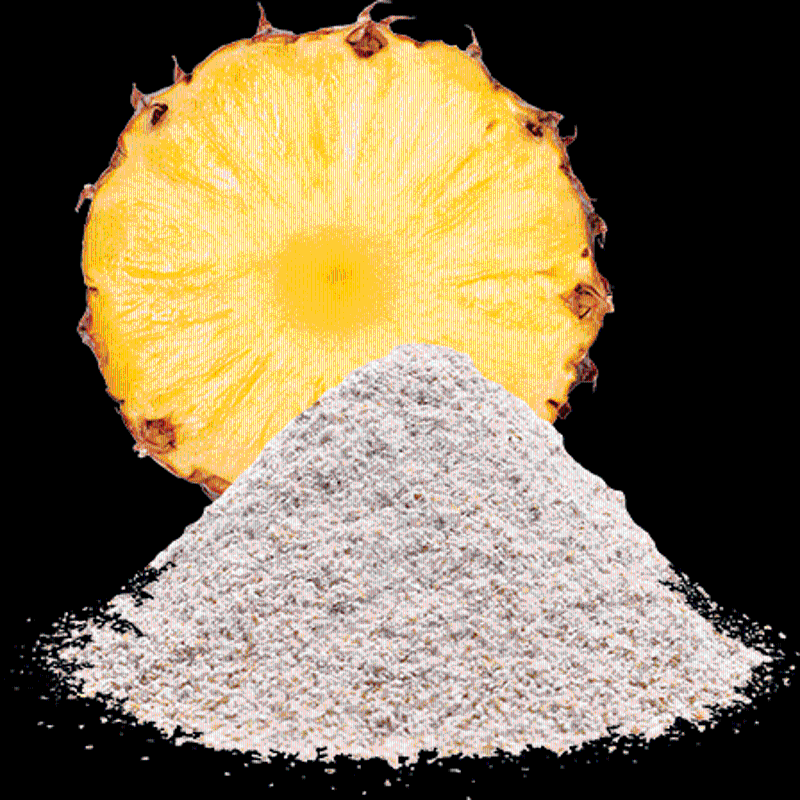-
Categories
-
Pharmaceutical Intermediates
-
Active Pharmaceutical Ingredients
-
Food Additives
- Industrial Coatings
- Agrochemicals
- Dyes and Pigments
- Surfactant
- Flavors and Fragrances
- Chemical Reagents
- Catalyst and Auxiliary
- Natural Products
- Inorganic Chemistry
-
Organic Chemistry
-
Biochemical Engineering
- Analytical Chemistry
-
Cosmetic Ingredient
- Water Treatment Chemical
-
Pharmaceutical Intermediates
Promotion
ECHEMI Mall
Wholesale
Weekly Price
Exhibition
News
-
Trade Service
Scientists discover plastic-eating 'super worms'
Xinhua News Agency, Beijing, June 14.
Dubbed "super worms," the larvae of the beetles are already used as food for reptile pets, but they may soon become feeders after scientists discovered their extraordinary ability to digest plastic waste
Scientists at the University of Queensland in Australia say these humble larvae, known as barley bugs, can not only swallow polystyrene, but actually thrive on polystyrene alone
The research team fed the "super worms" with different diets over a three-week period, feeding some of them Styrofoam, others bran, and intermittently feeding the remaining worms
Dr Chris Link, from the University's School of Chemistry and Molecular Biology, said: "We found that 'super worms' fed only polystyrene not only survived, but even gained a small amount of weight
"The 'super worms' are like miniature recycling plants, shredding polystyrene with their mouths and feeding it to the bacteria in their own guts," Link said
The research team says they have identified several enzymes with the ability to degrade polystyrene and styrene, and hope the technology will stimulate recycling of plastic waste and reduce landfilling
Sun Jiarui, one of the authors of the study, said the goal is to grow gut bacteria in the lab and further test their ability to degrade polystyrene, and then study how to scale up the process to build a whole building The level required by the recycling plant
The study was published in the journal Microbial Genomics







